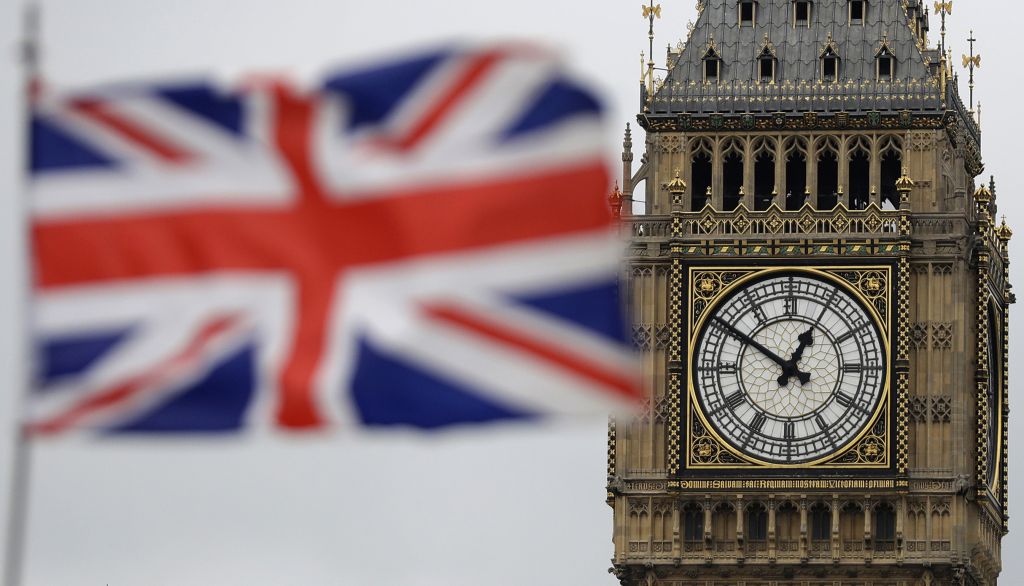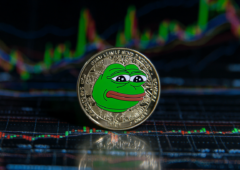UK Inflation Stalls at 3.4%, Spotlight Shifts to BoE’s August Meeting
19.06.2025 9:00 2 min. read Alexander Stefanov
Britain’s cost-of-living pulse barely budged in May, with headline CPI stuck at 3.4%—the same pace (after correction) seen in April, the Office for National Statistics said on Wednesday.
A data glitch tied to vehicle taxes previously inflated April’s release to 3.5%, but the ONS confirmed both months should read 3.4%.
What moved—and what didn’t
- Transport pulled prices lower. Cheaper airfares (thanks to Easter falling earlier) and softer fuel costs trimmed the index.
- Core inflation eased. Stripping out energy, food, alcohol and tobacco, the rate cooled to 3.5% from 3.8%.
- Sticky spots remain. Higher grocery, furniture and household-goods prices offset part of the transport relief.
Richard Heys, the ONS’s acting chief economist, summed it up as a “tug-of-war” of price swings that left the overall reading flat.
Market reaction
Sterling inched up about a quarter-percent to $1.345, underscoring that traders had largely priced in an unchanged print.
Policy implications
With inflation still miles above the Bank of England’s 2% target—and geopolitical risks keeping a floor under oil—rate-setters are expected to leave Bank Rate at 4.25% on Thursday and revisit easing prospects at the 1 August meeting. Pantheon Macroeconomics sees CPI creeping to a 3.6% peak in September, or 3.7% if energy prices stay elevated.
Treasury chief Rachel Reeves welcomed the plateau but conceded “there’s more work ahead” to anchor prices. Much of that work now rests on whether energy markets calm and the labour market softens enough to give the BoE room to cut before year-end.
-
1
Robert Kiyosaki Predicts When The Price of Silver Will Explode
28.06.2025 16:30 2 min. read -
2
Trump Targets Powell as Fed Holds Rates: Who Could Replace Him?
27.06.2025 9:00 2 min. read -
3
U.S. PCE Inflation Rises for First Time Since February, Fed Rate Cut Likely Delayed
27.06.2025 18:00 1 min. read -
4
Key U.S. Economic Events to Watch Next Week
06.07.2025 19:00 2 min. read -
5
Gold Beats U.S. Stock Market Over 25 Years, Even With Dividends Included
13.07.2025 15:00 1 min. read
Gold Beats U.S. Stock Market Over 25 Years, Even With Dividends Included
In a surprising long-term performance shift, gold has officially outpaced the U.S. stock market over the past 25 years—dividends included.
U.S. Announces Sweeping New Tariffs on 30+ Countries
The United States has rolled out a broad set of new import tariffs this week, targeting over 30 countries and economic blocs in a sharp escalation of its trade protection measures, according to list from WatcherGuru.
Key U.S. Economic Events to Watch Next Week
After a week of record-setting gains in U.S. markets, investors are shifting focus to a quieter yet crucial stretch of macroeconomic developments.
Robert Kiyosaki Predicts When The Price of Silver Will Explode
Robert Kiyosaki, author of Rich Dad Poor Dad, has issued a bold prediction on silver, calling it the “best asymmetric buy” currently available.
-
1
Robert Kiyosaki Predicts When The Price of Silver Will Explode
28.06.2025 16:30 2 min. read -
2
Trump Targets Powell as Fed Holds Rates: Who Could Replace Him?
27.06.2025 9:00 2 min. read -
3
U.S. PCE Inflation Rises for First Time Since February, Fed Rate Cut Likely Delayed
27.06.2025 18:00 1 min. read -
4
Key U.S. Economic Events to Watch Next Week
06.07.2025 19:00 2 min. read -
5
Gold Beats U.S. Stock Market Over 25 Years, Even With Dividends Included
13.07.2025 15:00 1 min. read


